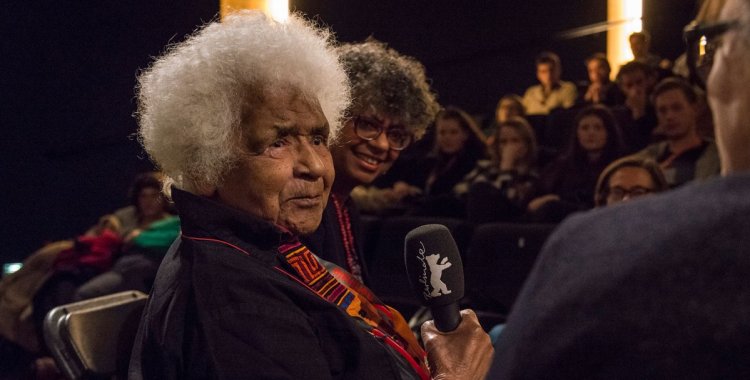The Garden Cinema room, in partnership with the London Review of Books (LRB), will show the short film "Monangambé", dating from 1959, an adaptation of the short story "O Fato Completo de Lucas Matesso", by Angolan writer José Luandino Vieira.
This short film preceded Maldoror's best-known film, "Sambizanga" (1972), considered the first feature film shot in Africa by a woman of African descent and for recording the Angolan liberation movement.
"Sambizanga" will also be shown in London, on Saturday, at 8:40 pm, with an introduction by cultural manager Annouchka de Andrade, daughter of Sarah Maldoror.
Before that, in a session already sold out, "O Hospital de Leninegrado" (1982) will also be shown, a film based on a story by Victor Serge, an opponent of Stalin in the Soviet Union in the early 1930s.
"Like 'Monangambé' and 'Sambizanga', it traces the path of a militant towards arrest and detention. Maldoror, an admirer of Serge, has always seen African liberation in a broader global context", the program reads.
The films will be presented by Annouchka de Andrade, who is completing a digitized archive of her mother's work, together with journalist Jeremy Harding, who published a long text about Sarah Maldoror in May in LRB.
Sarah Maldoror (1929-2020) was born in France and trained in cinema in Moscow, where she moved in 1961 to attend the Moscow Film Academy.
After her stay in the Soviet Union, she joined the pioneers of African liberation movements, alongside her partner, Angolan Mário Pinto de Andrade, founder and first president of the Popular Movement for the Liberation of Angola (MPLA).
Sarah Maldoror's cinema took place in Guinea-Bissau and the Sahel, the island of Fogo, in Cape Verde, Tunisia, Senegal, addressing racism, gender issues, the role of women in the struggle for liberation and heritage African cultural.
Her best-known work is the feature film "Sambizanga" (1972), inspired by "A Vida Verdadeira de Domingos Xavier", by Luandino Vieira.
Considered one of the greatest works of African cinema, it was filmed in Congo and addresses the Portuguese colonial war, from the beginning, in Angola.
Her cinematography includes documentaries such as "Máscara das Palavras", dedicated to the poet Aimé Césaire, and the Senegalese leader Leopold Senghor, poet of blackness and member of the French Academy.







